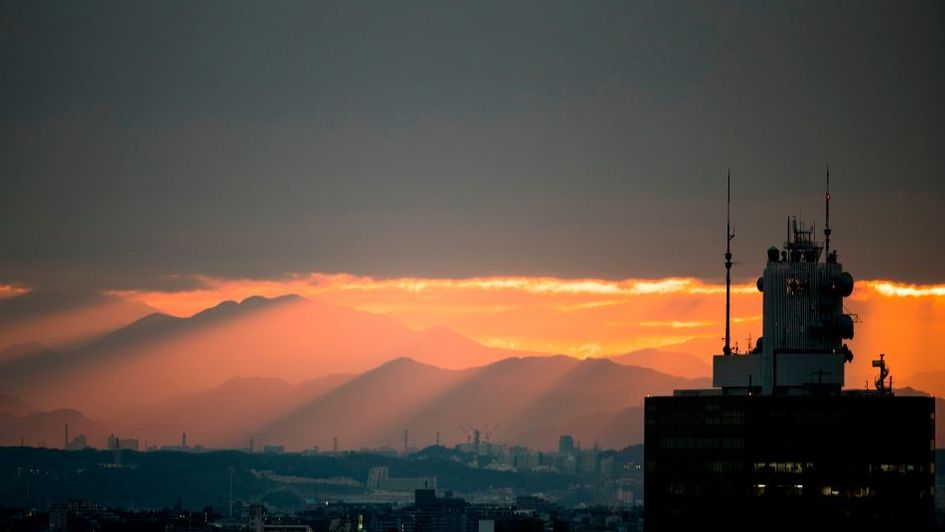World Rugby has taken the unprecedented step of cancelling two World Cup matches due to extreme weather.
England's clash with France and New Zealand's showdown against Italy will not be played due to an incoming storm described by the Japanese Meteorological Agency as "violent".
Here the PA news agency examines the questions surrounding the decision.
Why has World Rugby aborted the game?
The approach of Super Typhoon Hagibis left little alternative. The region's most powerful cyclone of 2019 threatens to cause widespread devastation to the Kanto region which encompasses Tokyo and Yokohama. It is due to hit mainland Honshu - Japan's biggest island - on Saturday and could persist into the following day before moving north. Typhoon Faxai, which was far smaller than Hagibis, brought public transport to a standstill long after it had passed when it struck at the start of the tournament.
Could the games have been moved?
The option of playing the matches in Oita, where two quarter-finals are being held, was explored until it became clear it was logistically impossible. World Rugby also declared that the risk to travelling teams, fans and volunteers is too great with Hagibis looming. Questions have been asked over the depth of contingency planning, but World Rugby says that by cancelling games it has acted in accordance with rules established pre-tournament.
But why did they stage the World Cup in typhoon season?
It is the only window available. Since 1999 it has been staged from September to November and due to congestion in the rugby calendar there is no other space for it. Taking the World Cup to Asia for the first time was a bold move and until Hagibis escalated into a category five super typhoon on Tuesday the tournament was a triumph, unique and different to anything before it. Japan is the third biggest rugby economy behind France and England and World Rugby deemed that braving stormy season was a risk worth taking. Now it is being forced to defend the decision, which it says it does not regret.
What happens now?
All teams in cancelled matches receive two points each. England and France had already qualified for the quarter-finals but the demise of the Pool C decider has denied France the platform to advance as group winners, distorting the integrity of the tournament. Italy could have progressed had they beaten New Zealand, but it would have taken an upset of staggering proportions for the All Blacks to be knocked out. Instead, the real repercussions are being felt by Scotland in Pool A.
More World Cup heartache for Scotland?
Four years after they were dumped out in the quarter-finals by a dubious refereeing decision, Scotland could now lose out to an extreme weather event. If their game at International Stadium Yokohama on Sunday is called off, the automatic two points awarded to Scotland and Japan will see the hosts progress. Unsurprisingly, the Scottish Rugby Union is demanding the game be played under a contingency plan.
Who has lost the most?
Fans, teams, World Rugby, Japan - everyone has paid some form of price. Tournament revenues are insured against cancellations but there is the reputational damage to World Rugby. England and France fans are beginning to pour into Tokyo so spare a thought for them, even if they will have their tickets refunded. Some teams will enter the quarter-finals without having played for two weeks, others will have been robbed of their do-or-die assault on the knockout phase. But the highest price of all may be paid by Japan, which is in the crosshairs of a cyclone that could cause billions of pounds worth of damage and put lives at risk.
Can the World Cup recover?
Undoubtedly. It has been a superb tournament so far, producing some classic matches. New Zealand and South Africa fought out a group game worthy of a final while Japan's upset of Ireland will never be forgotten. The host nation has offered a fascinating break from the traditional rugby circuit and an enthralling knockout phase could yet see it emerge as one of the great World Cups.
